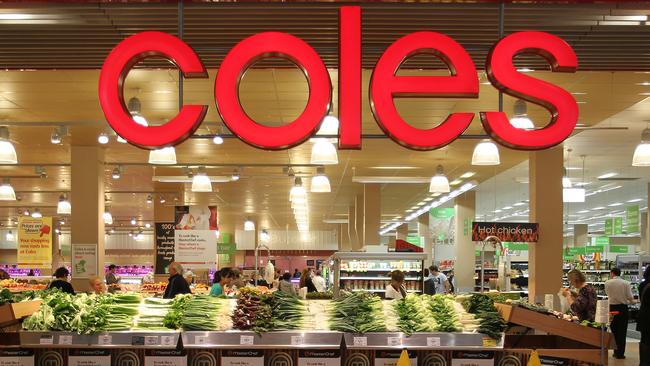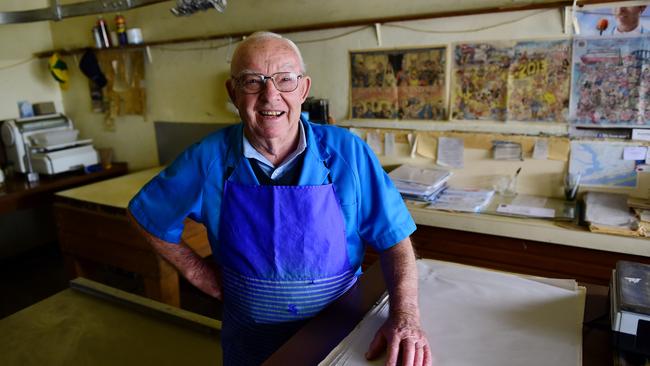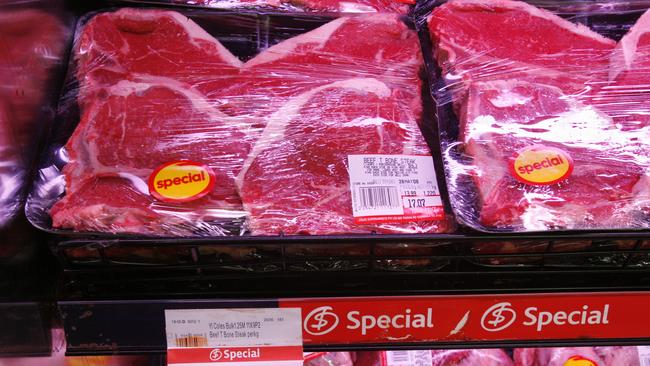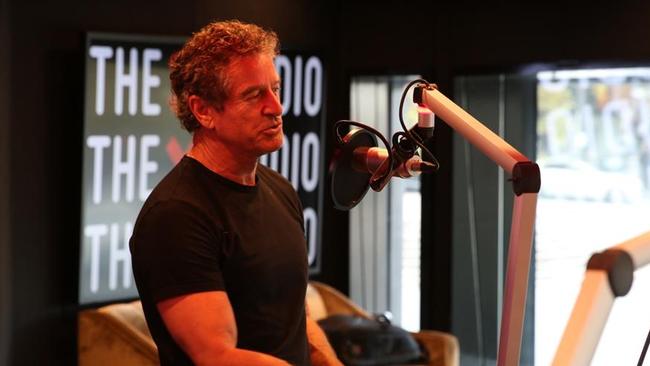Opinion: Supermarket giants are damaging small business in Australia
MARK Bouris is pissed off. He says big supermarkets are taking over and destroying small business, but worst of all, we’re all encouraging it.

OPINION
Do you remember as a kid going to the shops, being sent down there by your mum to pick up the milk, bread and meat? Talking to the butcher, with his apron on, half a finger missing, watching him cut up the meat?
Gone are the days of going into your local newsagent to buy your paper and having a chat. Independent shops and small retailers in Australia are dying and consumers need to reconsider their desire for so-called convenience.
Coles and Woolworths combined have more than 70 per cent of the grocery market. In retail they not only control the market in shop fronts, competing with grocers, butcher and bakers, they dominate vertically in both directions, making them more pervasive than others sectors including banking and mining.

They own retail, liquor, service stations, every possible retail outlet they are in touch with. They apply market power both up and down the chain, all the way down to the person who supplies the wheat to make the bread you buy in store. They are extraordinarily dominant and everyone who competes with them and everyone who supplies to them, is a small business.
I’m not having a go at people but I believe this notion of convenience is a result of not thinking things through well. It’s easy to say it’s more convenient to go to the supermarket because everything is there and you can park your car.
Some suburbs in Australia even have higher prices for real estate, because there is a supermarket in the neighbourhood. To be frank with you, I’d rather pay more money not to live near a supermarket. I don’t want to be near traffic or a shopping centre. I’d like to have a nice quiet life. The world has turned on it’s head — why would you pay more to be near a massive shopping centre 5000 sqm, a 10 level car park, and traffic? The energy you get from it is not cool. The argument from real estates agents is, it’s easy, it’s convenient. This is what I call the lowest common denominator in thinking.
Let’s think this through. If I did a time motion study of me going to a big store to do all my shopping, there are several variables. How much energy do I expend finding a car park when it’s busy, the energy I expend going all the way into the shops, then doing my shopping on the assumption of saving money compared to buying at the local store. Once I’ve piled up my trolley, how many of those items did I really need?

Growing up in Punchbowl my mother used to send me down to the shop. If we needed meat, I’d get the meat, if we needed yoghurt, I’d get the yoghurt, if we needed apples, I’d get apples. While many people try to stick to a list, we’re dazzled into buying things on special, lots of stuff you don’t need, some of which you end up throwing away. Bottom line is, do you save time? Do you save personal energy? Do you save money? Or are you missing out on a cultural experience?
A lot of kids will never know their butcher, their newsagent, their grocer. They won’t have the opportunity to speak to store owners in their community.
It means a lot to me, I think it’s an experience all our children should be able to enjoy. I think the experience is worth missing out on convenience and that’s great for small business owners, the economy and jobs.

Mark Bouris has recently launched a podcast, and is inviting anyone with a business idea to join him for advice and support. Email mb@markbouris.com.au, follow Mark on Twitter @markbouris or www.markbouris.com.au



